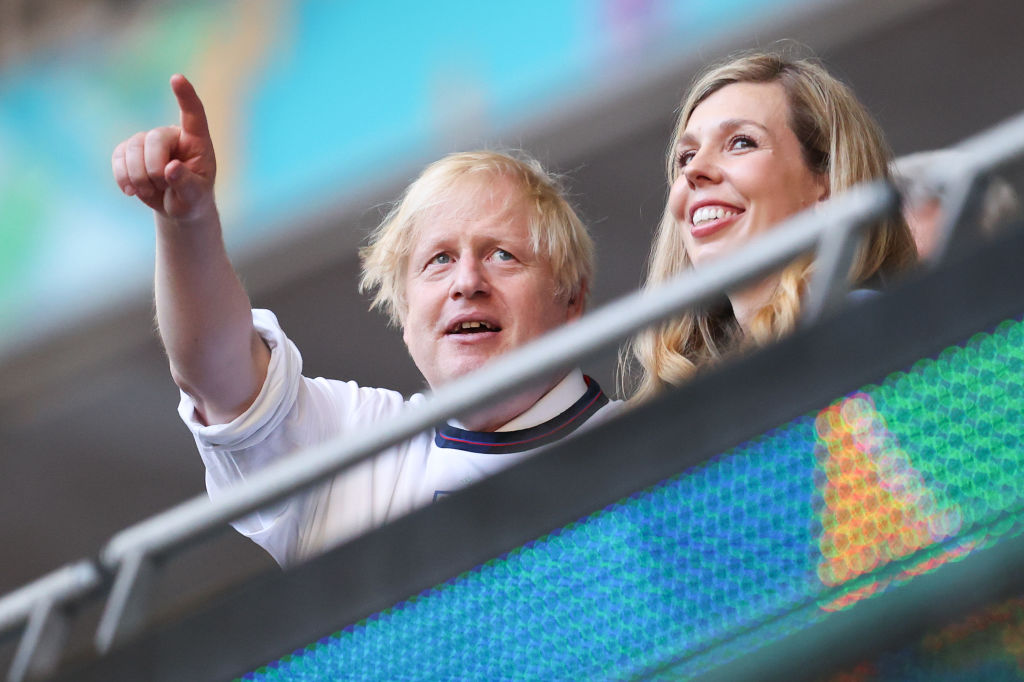Why UK and Ireland want Euro 2028 bid instead of 2030 World Cup

The UK and Ireland have abandoned plans to bid to host football’s 2030 World Cup almost a year after Prime Minister Boris Johnson trumpeted the project.
Instead the football associations of England, Wales, Scotland, Northern Ireland and the Republic of Ireland favour bidding to stage the 2028 European Championship.
So why has the World Cup bid been shelved and was the project a waste of time and money? City A.M. attempts to answer those questions.
Why aren’t we bidding for the 2030 World Cup?
The associations say they concluded, following a lengthy feasibility study, that staging Euro 2028 instead would “offer a similar return on investment” but with “a far lower delivery cost”.
There are also serious questions about whether a British bid would garner enough support from other nations, who have in the past viewed England in particular as haughty.
Digital, Culture, Media and Sport (DCMS) select committee chair Julian Knight MP welcomed the end of what he called the “World Cup vanity project”.
A government statement also cited “current uncertainty around the future format of the tournament”, an apparent reference to discussions about making the World Cup a biennial competition rather than once every four years.
Haven’t we just hosted the Euros and didn’t that end in tears?
London and Glasgow did host matches at last year’s delayed Euro 2020, with Wembley staging the final between England and Italy.
Violent scenes as hundreds of ticketless fans gained access to the stadium raised serious questions about the country’s suitability for putting on major sports events.
Despite the chaos, European football’s governing body Uefa remains keen on Wembley, which can accommodate 90,000 and is a money-spinning venue.
In June the stadium will host a game between Euro 2020 winners Italy and South American champions Argentina, underlining Uefa president Aleksander Ceferin’s claim that last summer’s unrest would not be held against England.
So is a Euro 20208 bid definitely on?
Not quite. The five associations say they have “agreed to focus on a bid”, while the government said it had “initiated work to explore the possibility of bidding”.
No public funding has yet been committed to putting together a bid, but it added it hoped to “confirm government support for a bid in the coming weeks”
Bidders must declare their interest to Uefa next month, with final dossiers due for submission in April 2023 and a decision on the host in the following September.
Will we ever host a World Cup again?
There was understandable caution this time around following the humiliation inflicted upon England’s bid for the 2018 tournament back in 2010.
While all parties appear to feel it is still too soon for either an English or British bid to succeed, the government said it “remained passionate about bringing a World Cup to the UK and Ireland when the time is right”.
If biennial World Cups do become a reality, logic dictates that the chances of bringing the tournament to these shores would only increase.
What about the £2.8m that the PM pledged for the World Cup bid?
That was to explore the possibility of bidding and the money went on the feasibility study.
“We are very keen to bring football home in 2030,” Johnson said at the time. “I do think it’s the right place. It’s the home of football, it’s the right time. It will be an absolutely wonderful thing for the country.”
Knight said: “It’s unacceptable that £2.8m in taxpayer money was wasted on a pipe dream that was clearly doomed from the start.”
